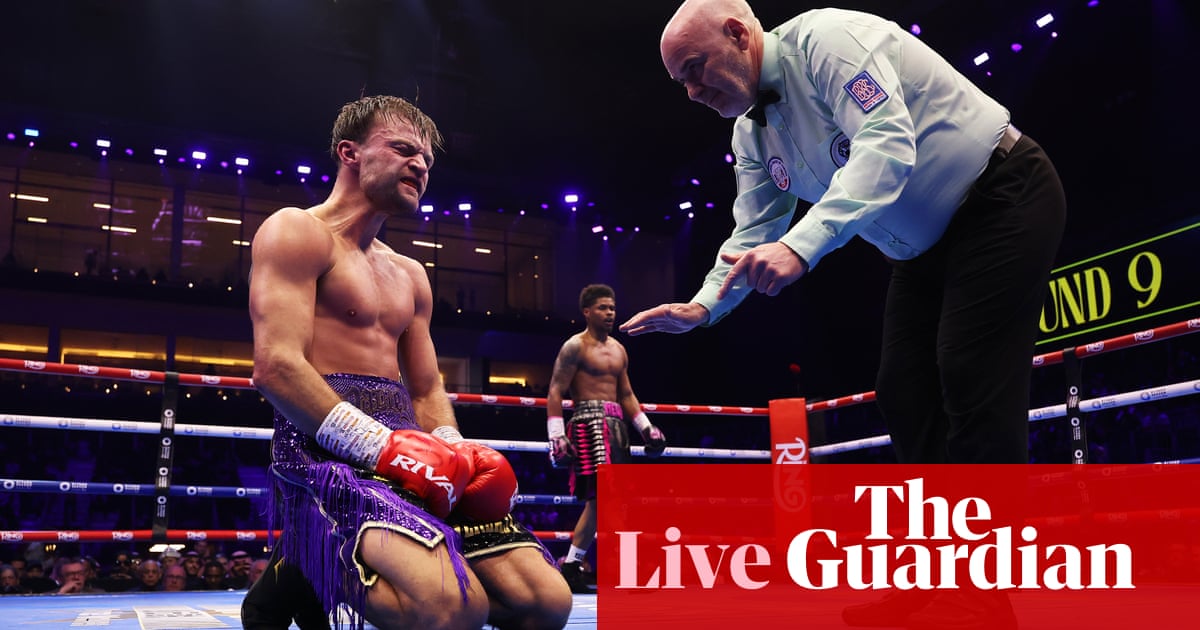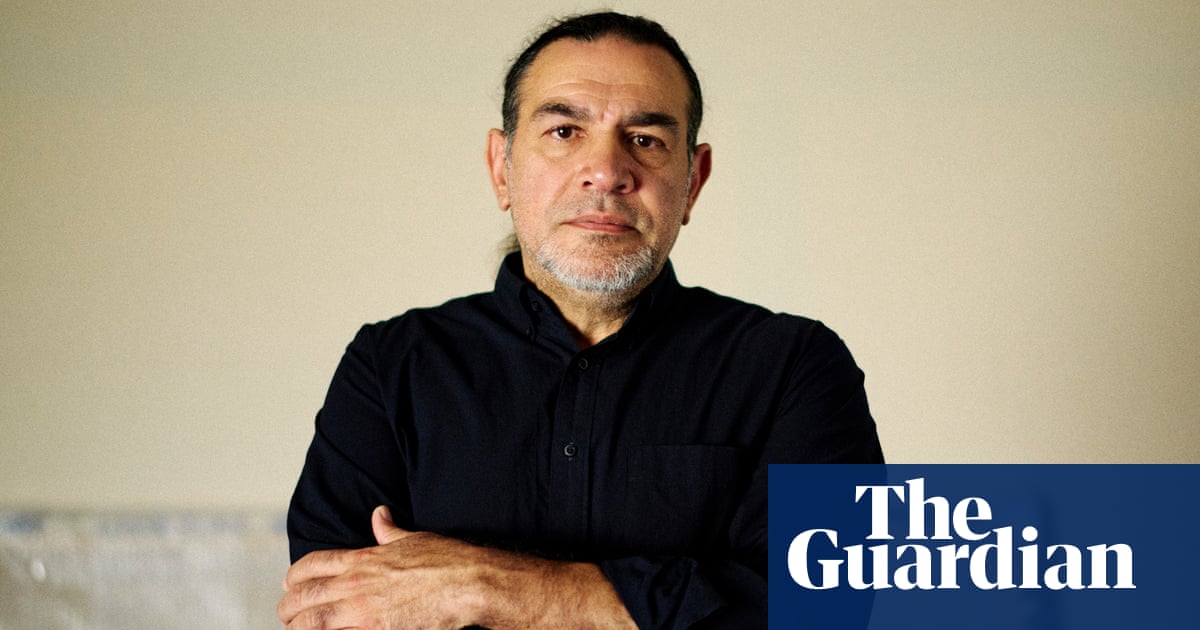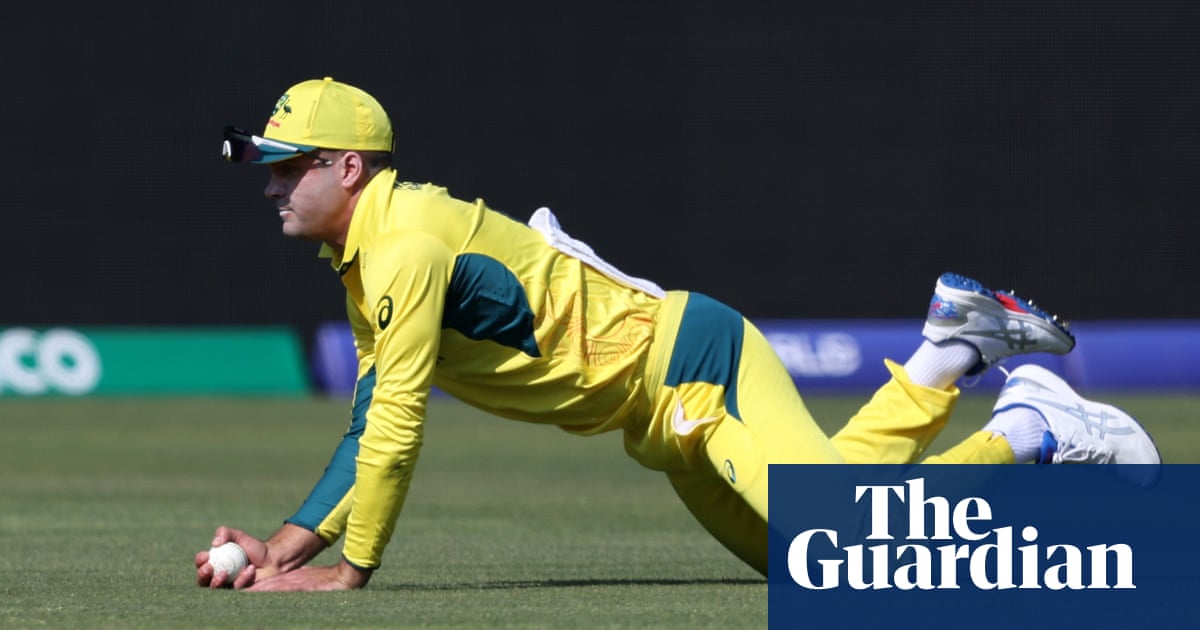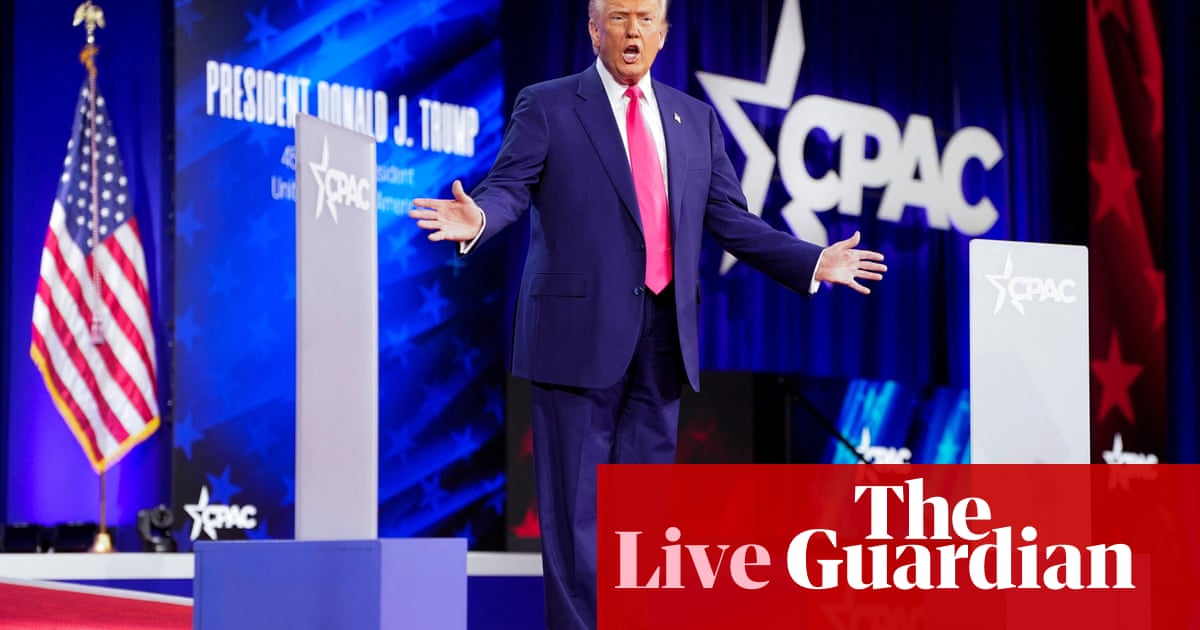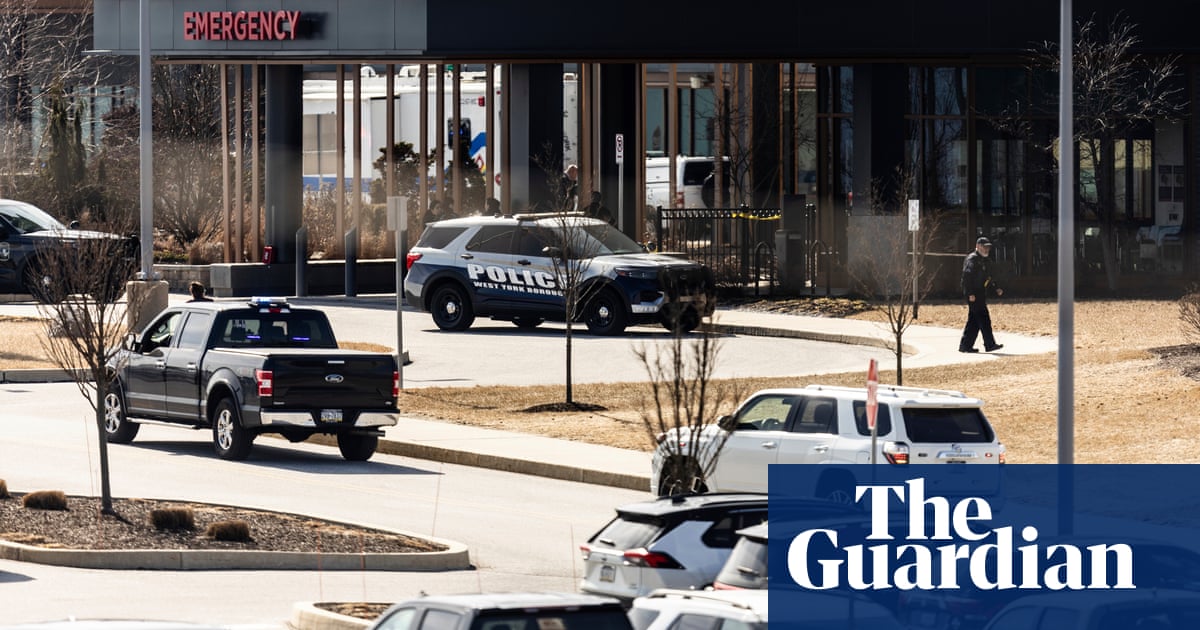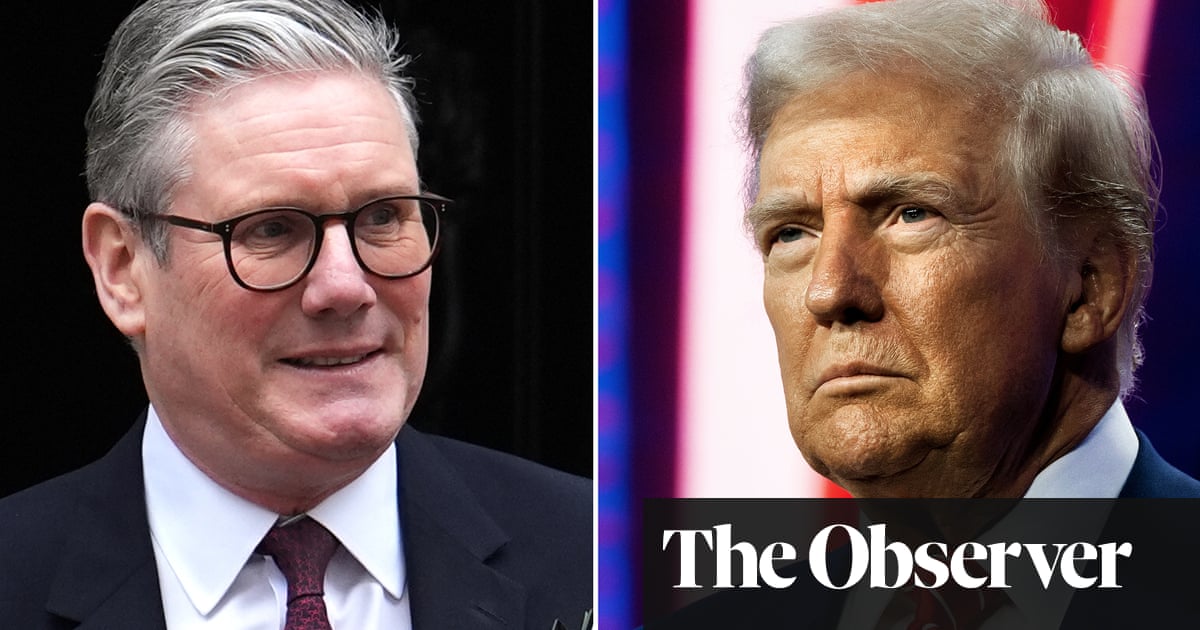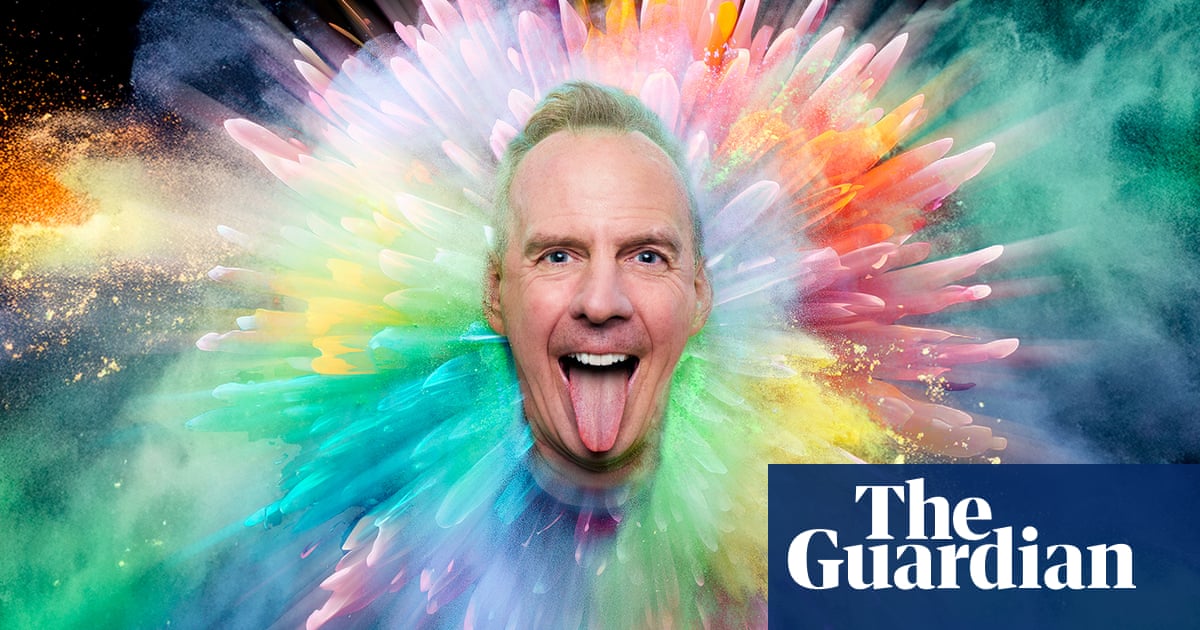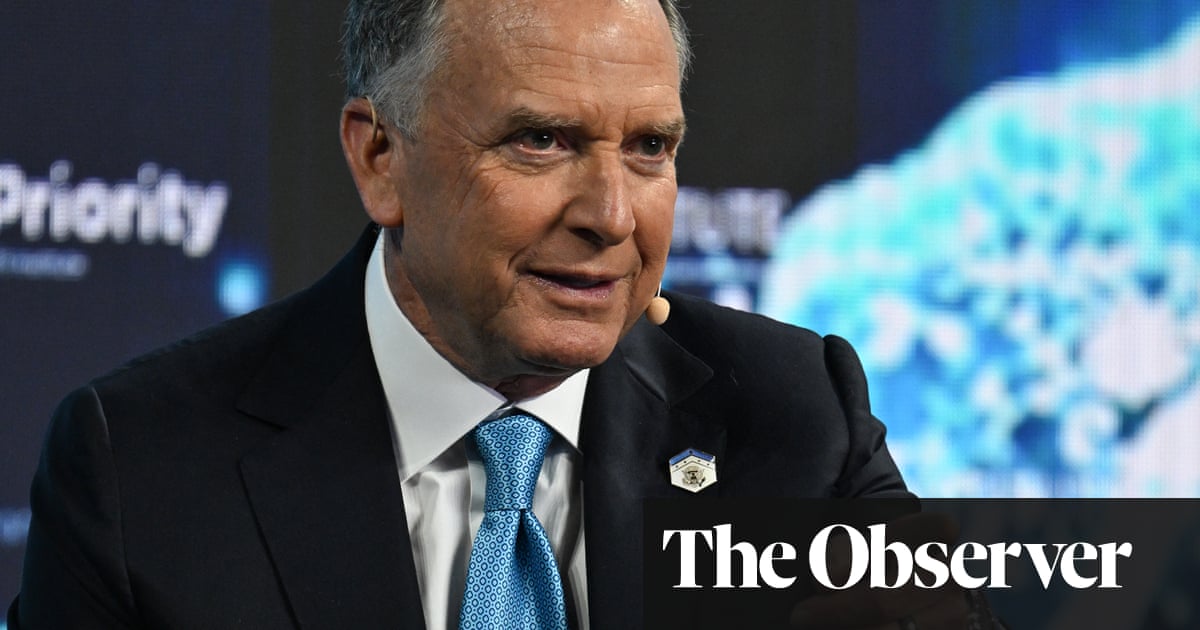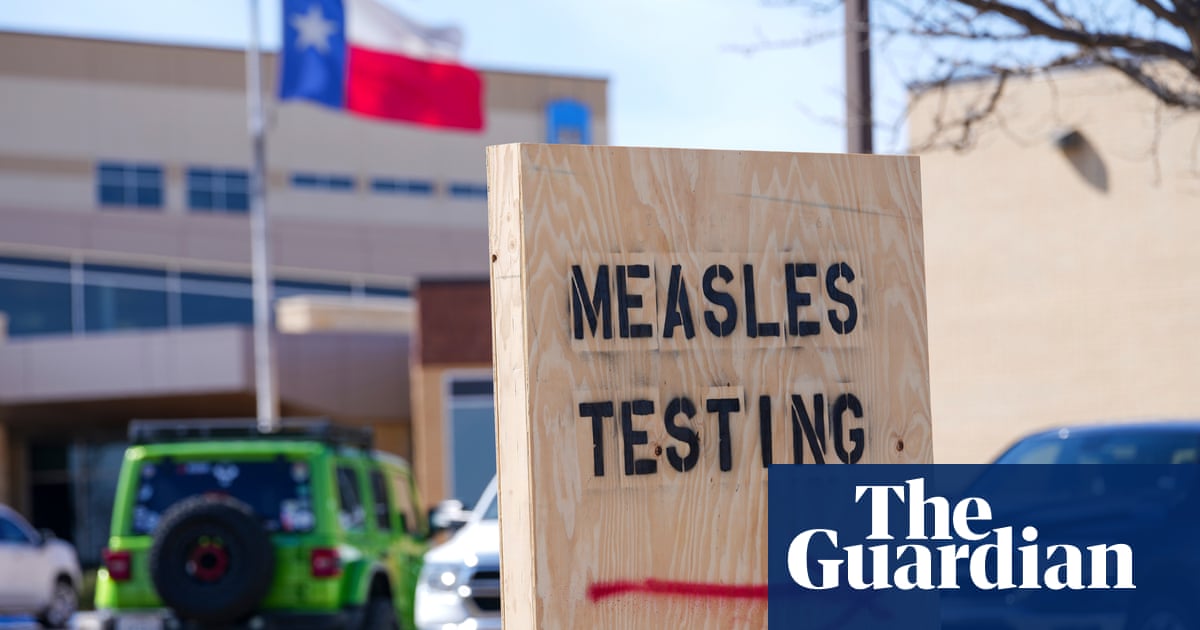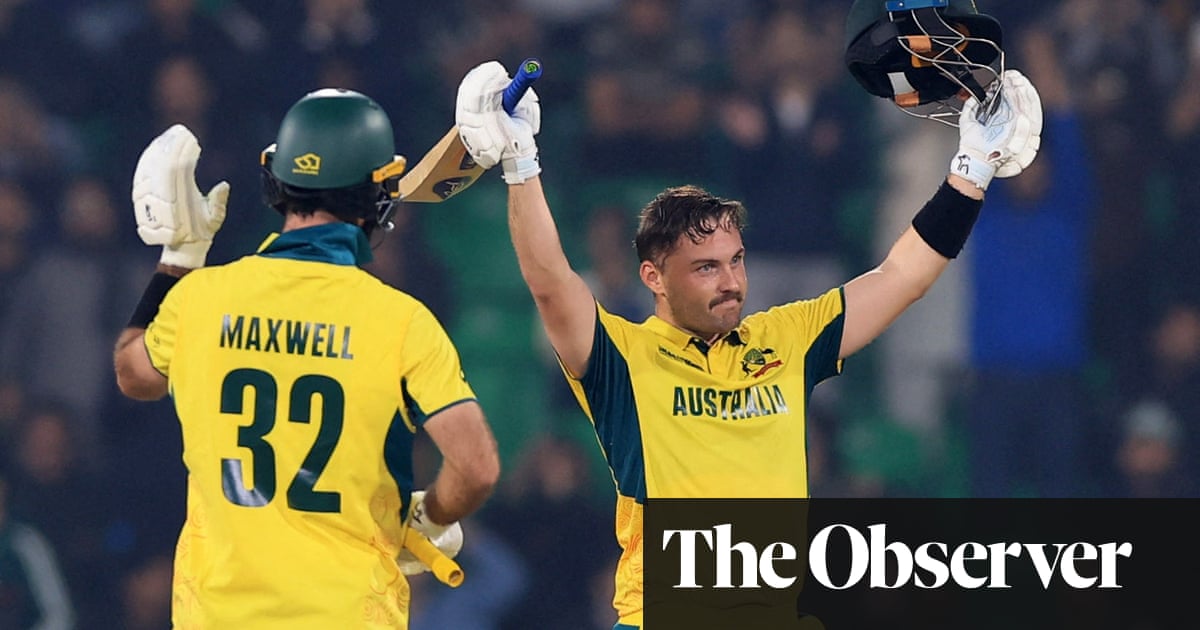Hopes of a breakthrough at the deadlocked UN climate talks have been dashed after a new draft of a possible deal was condemned by rich and poor countries.
Faith in the ability of the Azerbaijan presidency to produce a deal ebbed on Thursday morning, as the draft texts were criticised as inadequate and providing no “landing ground” for a compromise.
Instead of setting a global goal for at least $1tn in new funds for developing countries to tackle the climate crisis, the text contained only an “X” where numbers should have been.
Oscar Soria, a director at the Common Initiative thinktank, said: “The negotiating placeholder ‘X’ for climate finance is a testament of the ineptitude from rich nations and emerging economies that are failing to find a workable solution for everyone.
“This is a dangerous ambiguity: inaction risks turning ‘X’ into the symbol of extinction for the world’s most vulnerable. Without firm, ambitious commitments, this vagueness betrays the Paris agreement’s promise and leaves developing nations unarmed in their fight against climate chaos.”
The governments of almost 200 countries are meeting in Azerbaijan to thrash out a new global settlement on climate finance, to channel funds to developing countries to help them shift to low-carbon economies and cope with the impact of extreme weather.
Ministers and high-ranking officials have embarked on intense shuttle diplomacy as the two weeks of fraught talks enter their final days. The Cop29 summit is scheduled to end on Friday night, but on Thursday morning the various positions of developed and developing countries looked as far apart as ever.
The long-awaited draft texts, published shortly after 7am local time, covered all the main aspects of a possible deal at Cop29. Chief among them was a text on the “new collective quantified goal”, which should set out the amount of money developing countries can expect in climate finance, and the proportion of that which should come directly from rich world governments.
Developing countries want at least $1tn a year in climate finance, a large proportion of which should come directly from the rich in the form of grants, with some loans and potentially some private sector finance making up the remainder.
But instead of clear numbers, the new collective quantified goal (NCQG) text contained two options that were described by insiders as “extreme positions” with little compromise.
Some countries privately say that Saudi Arabia and the two blocs through which it acts at Cops – the Arab Group and the Like-Minded Developing Countries – are trying to wreck prospects of a deal.
One of the texts published on Thursday covers “mitigation”, which in UN parlance always means curbing greenhouse gas emissions. Last year, at the Cop28 summit in Dubai, countries passed a resolution to “transition away from fossil fuels”, the first time in 30 years of talks that such a commitment had been made.
That was opposed by Saudi Arabia, which has since attempted to unpick the commitment, alleging it was “an option” rather than a goal. Last week, in the early stages of this “conference of the parties” (Cop), Saudi Arabia and its allies tried to sideline a planned reaffirmation of this commitment, in a fight over what should be on the agenda for the meeting.
In the “mitigation” text, the “transition away from fossil fuels” is absent. This is unacceptable to many developed and developing countries, which want to build on the hard-won progress made last year rather than have it reversed.
after newsletter promotion
Questions are being asked inside the negotiating halls over whether Azerbaijan is exerting enough control over the negotiations, or leaning too far towards the countries that do not want a robust deal.
Many civil society groups laid the blame on developed countries. Joseph Sikulu, the Pacific director of 350.org, said: “We hoped to see a draft text today that would show rich nations putting their money where their mouth is and responding to the demands from the global south.
“What we got is a text with no clear grant-based core money. Nothing less than $1tn in grants per year will be enough to see those most impacted by climate change on a just transition towards a safe, equitable future. Rich countries must stop dithering, and start delivering – this is not charity, it’s time for them to pay their debt.”
Developed countries are likely to offer a much lower amount in direct financial assistance, probably about $200bn to $300bn, with the remainder of the $1tn to be made up of new forms of funding, such as fossil fuel taxes and private sector investment.
They are also insisting that countries such as China, with a robust economy and large greenhouse gas emissions, and petro-states, such as Saudi, Qatar and the United Arab Emirates, should contribute to the financial assistance for poorer countries. Those countries are still classed as developing under the Paris agreement, based on divisions set out in its parent treaty, the 1992 UN Framework Convention on Climate Change, meaning they are eligible to receive climate finance funds, with no obligation to contribute towards them.
The EU climate commissioner, Wopke Hoekstra, said the draft text was “clearly unacceptable as it stands”.

 3 months ago
59
3 months ago
59
